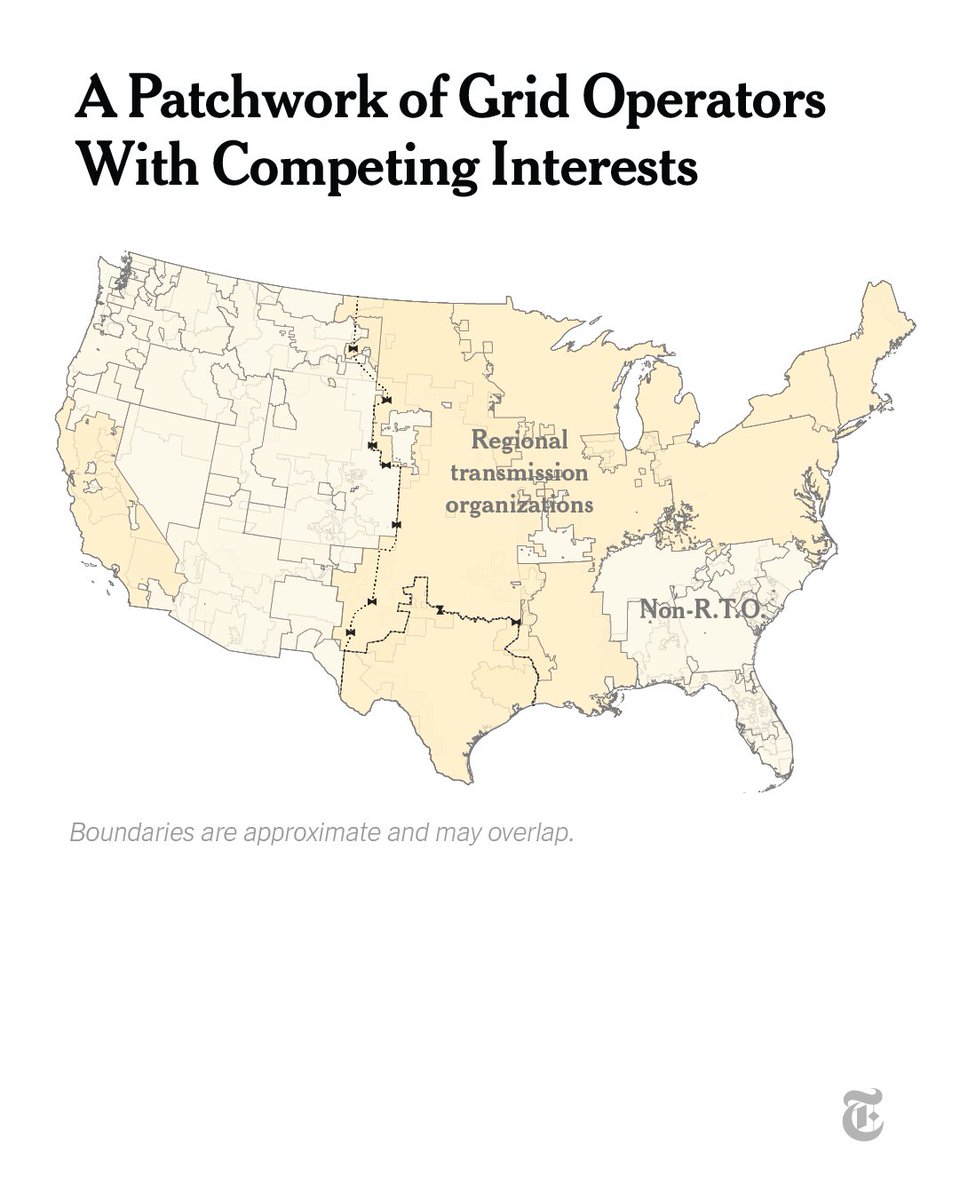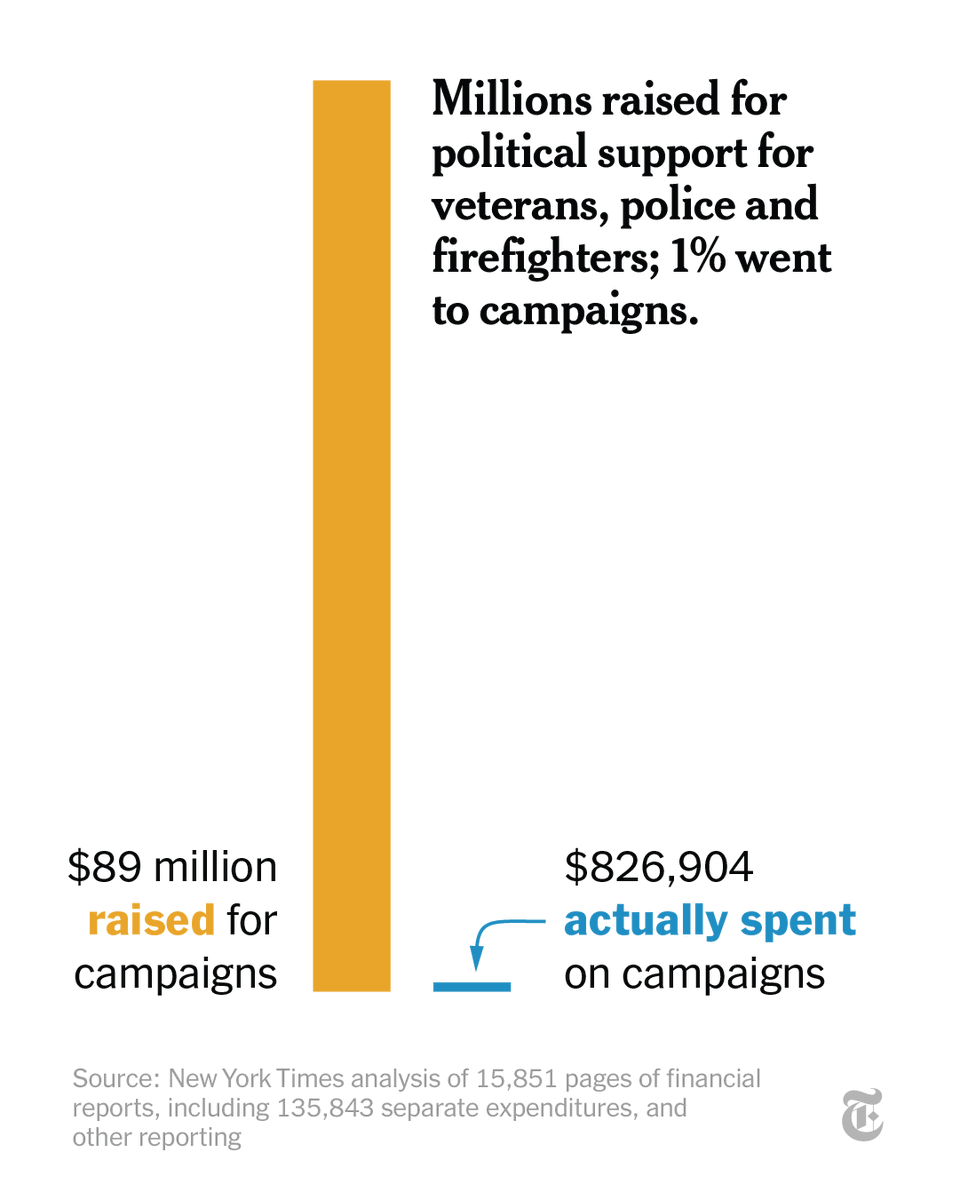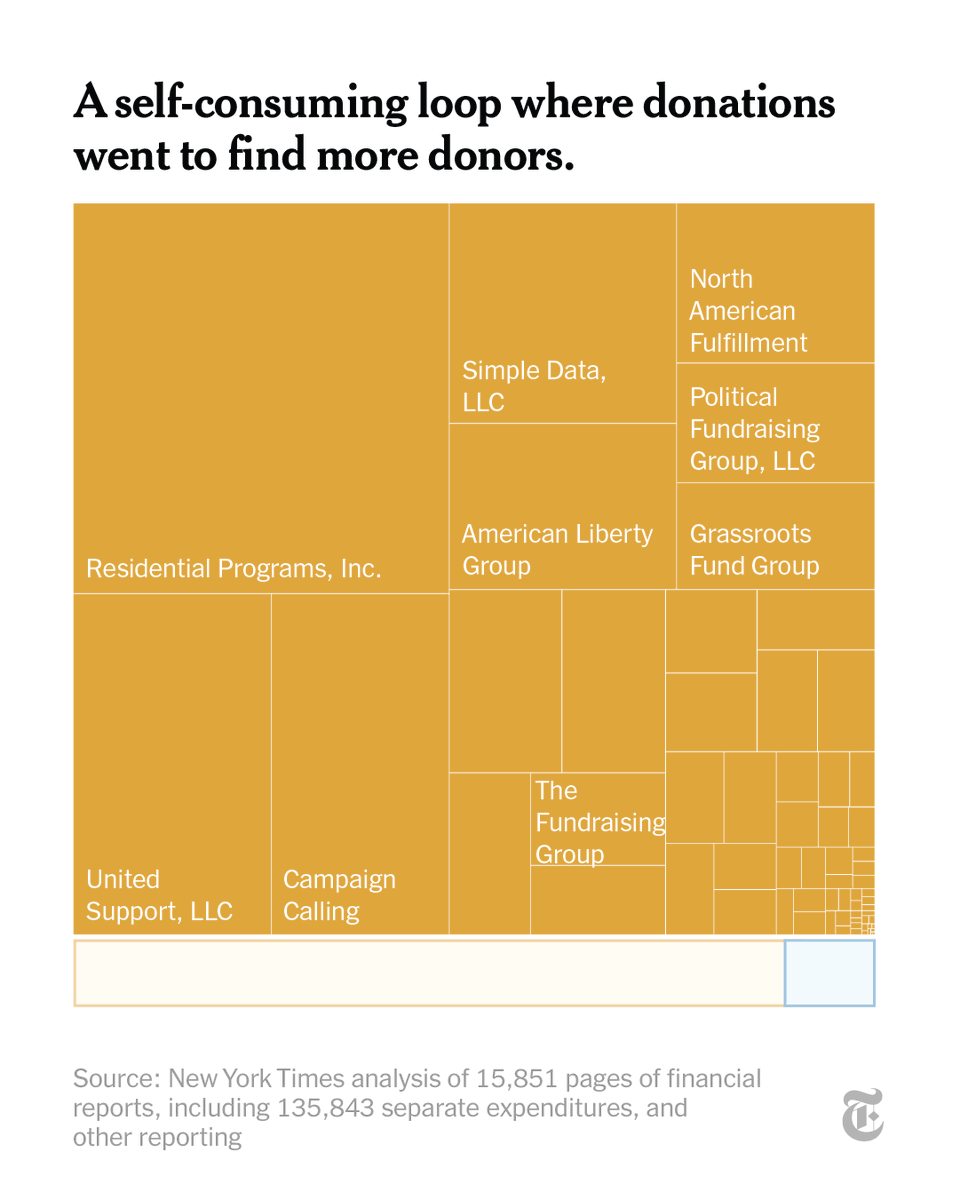Nearly 3,000 lives were lost in the Sept. 11 terrorist attacks, but countless others who were shaped by that day have died since.
On the 20th anniversary of 9/11, here are some of their stories. nyti.ms/3leh6tI
On the 20th anniversary of 9/11, here are some of their stories. nyti.ms/3leh6tI
When the towers fell, most people streamed uptown. But Charles Cook, a retiree in Harlem, walked nearly 10 miles downtown to ground zero, where he dug through the rubble by hand in search of survivors.
He also helped in New Orleans after Hurricane Katrina.nyti.ms/3E2BFly
He also helped in New Orleans after Hurricane Katrina.nyti.ms/3E2BFly

Marya Columbia responded to the attacks the only way she knew how: by playing music.
A violinist, she performed at St. Paul’s Chapel, an informal respite station for rescue workers located two blocks from where the towers had stood. nyti.ms/3BVsm4J
A violinist, she performed at St. Paul’s Chapel, an informal respite station for rescue workers located two blocks from where the towers had stood. nyti.ms/3BVsm4J

Idris Bey, an EMT, responded to the attack on the World Trade Center. “He was there during 9/11 when those buildings came down,” a close friend said. He received a medal for his actions. nyti.ms/3trjHE8 

Leslie Robertson, the structural engineer of the World Trade Center, faced scrutiny after Sept. 11. He said he could not forget that terrible day and that he carried “a troubled heart.”
The project came to define his career. nyti.ms/2YJqJcf
The project came to define his career. nyti.ms/2YJqJcf

Luis Alvarez fought for the government to extend health benefits to emergency workers who responded to the attacks. He, too, had searched for survivors as a police detective.
He died of cancer tied to his rescue efforts. nyti.ms/2XeJ6oS
He died of cancer tied to his rescue efforts. nyti.ms/2XeJ6oS

• • •
Missing some Tweet in this thread? You can try to
force a refresh















